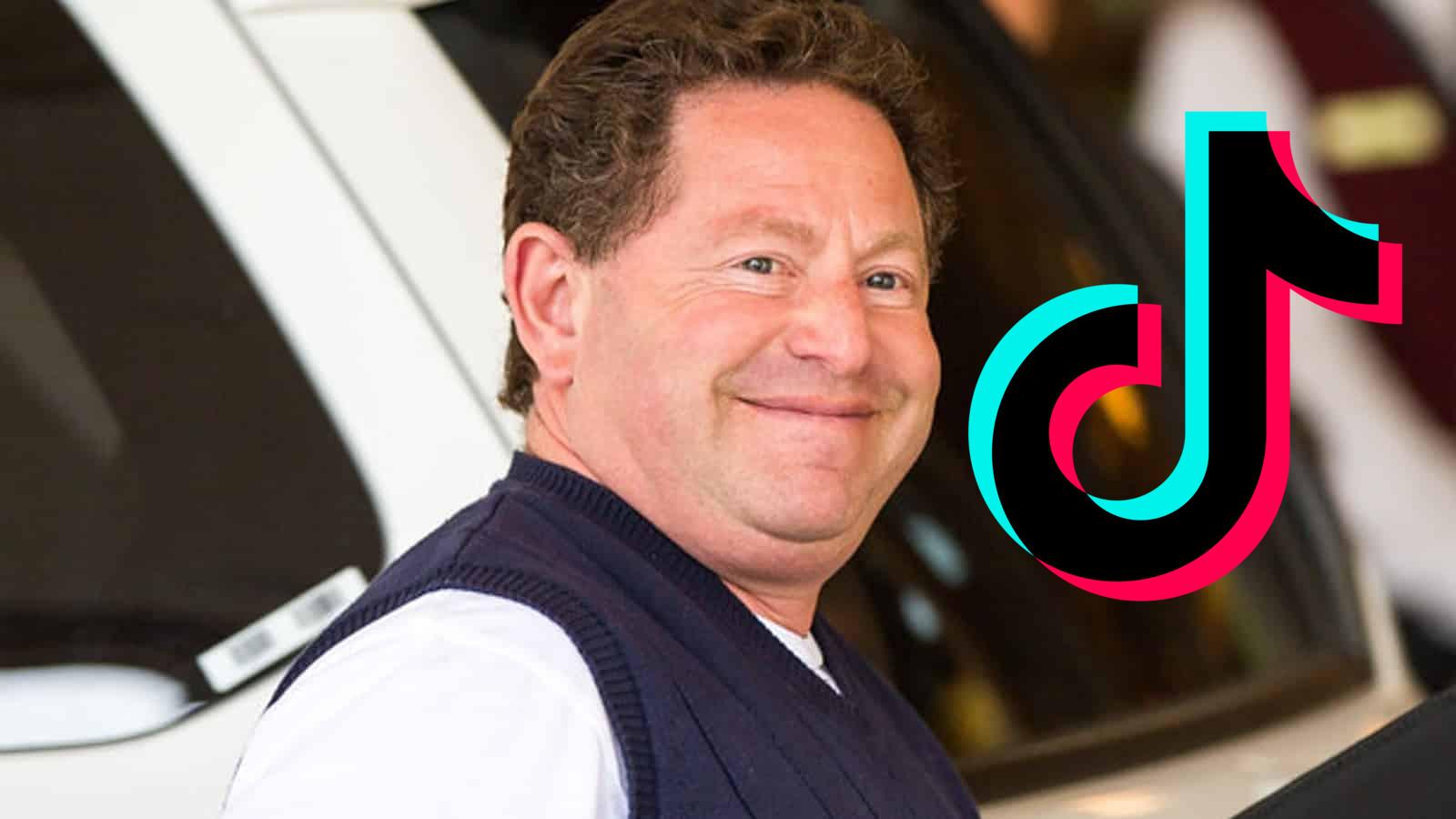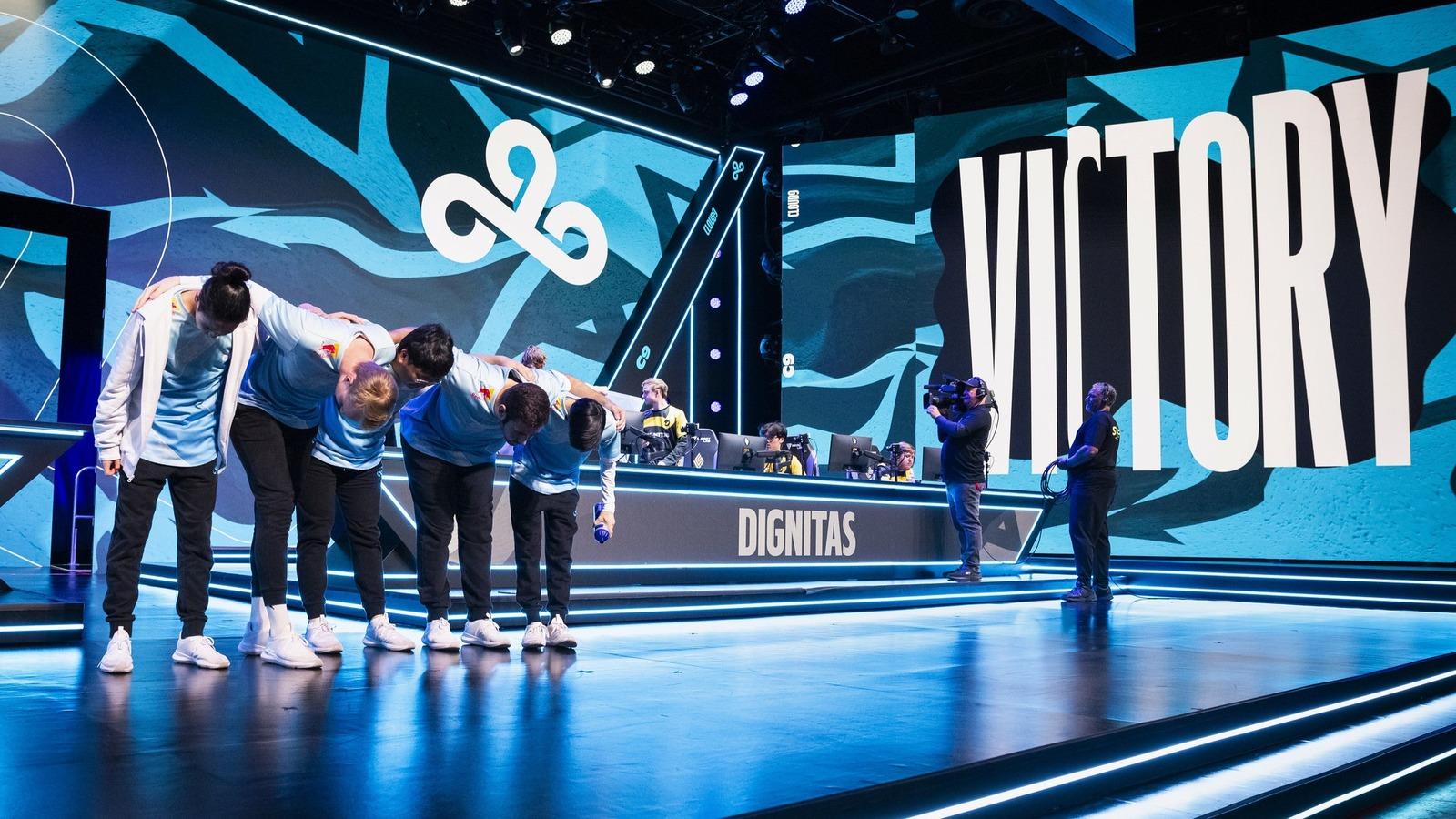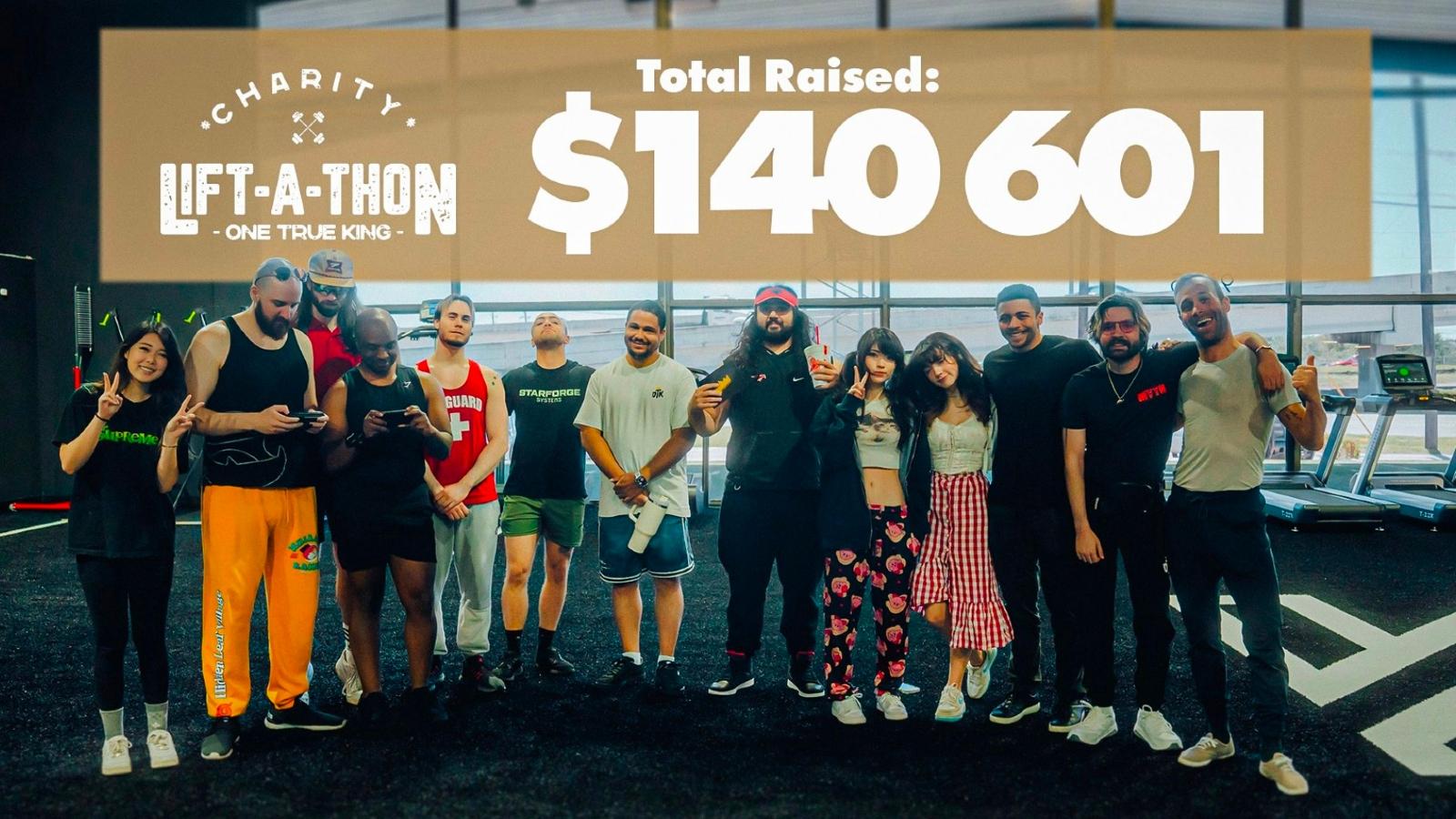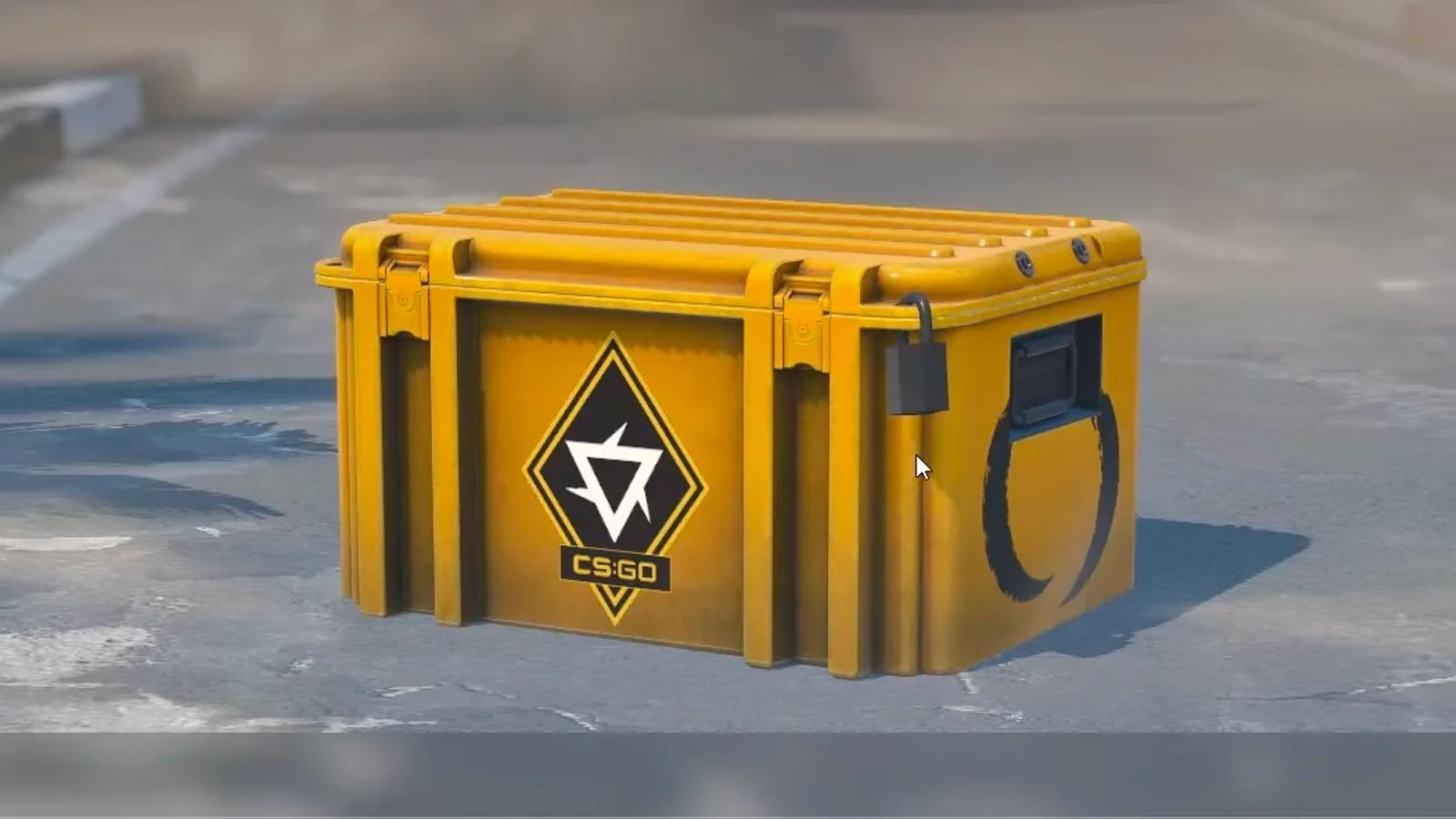Twitch introduce phone verification to combat bot & hate raids in chat
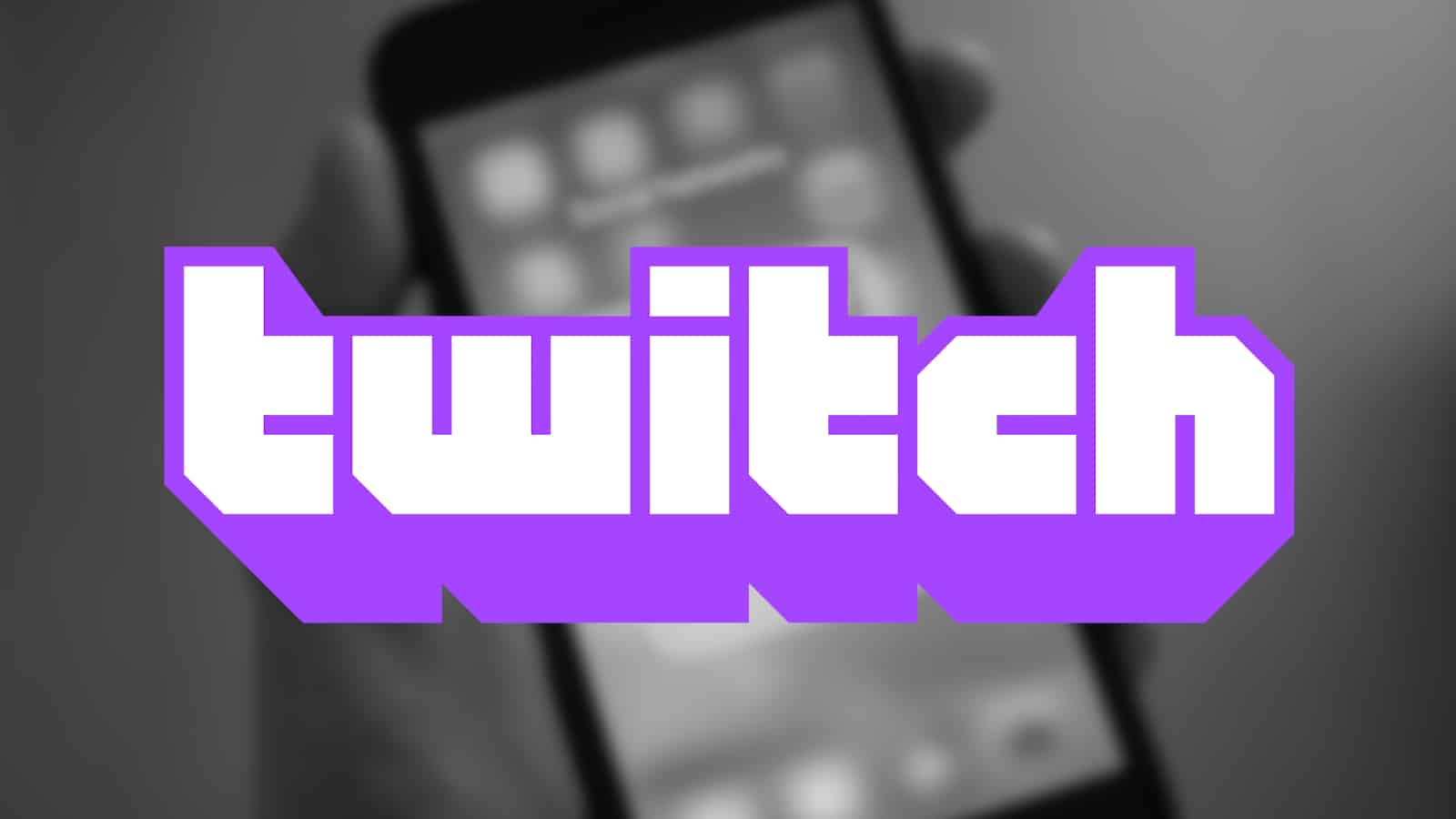 Twitch, Pexels, Tracy Le Blanc
Twitch, Pexels, Tracy Le BlancA data leak claimed to reveal earnings for thousands of streamers.
Twitch have introduced a new option for streamers to combat bot and hate raids in their chat. To lessen the flow of unwelcome chatters, the platform’s new tool lets streamers require email or SMS phone verification for participation in chat.
Over the past month, Twitch streams have been swamped by waves of bots and hate raids — all with differing, but ultimately reprehensible purposes.
Twitch’s inaction in response to these situations prompted backlash from the community, including a September 1 boycott of the platform. But, after suing some hate raiders and announcing plans to combat the bad actors, a new tool launched on September 29.
Calling it “Verified Chat” in their blog, Twitch have confirmed a phone and email verification tool that had previously been leaked.
Twitch introduce “Verified Chat”
Twitch explained the new option in their blog, noting that the platform is “updating our suite of moderation tools by adding phone-verified chat and expanding the settings for email verification.”
This feature has been many months in the making, but our work is not done. We’re actively building additional solutions to keep communities on Twitch safe, and welcome your feedback on Uservoice: https://t.co/L40vBSAZH7
— Twitch (@Twitch) September 29, 2021
This action essentially gives streamers the option to restrict users in their chat, but without needing to go as far as using follower or subscriber-only modes. And the response to this change has already been fairly positive.
Twitch streamers respond
Also, not gonna lie… I'm actually crying setting this up. My settings are in. I feel like I have some form of power back.
As I stated before this isn't the only thing, but it's MASSIVE.
We have been heard, and continue to be heard — We have and will create change https://t.co/m5aiFjjsGE
— Raven is The Devil 😈 (@RekItRaven) September 29, 2021
A big voice among streamers who are active in the fight for more action against bot and hate raids, ‘RekItRaven,’ tweeted in support of the new change: “I feel like I have some form of power back … We have been heard, and continue to be heard. We have and will create change.”
Still, Raven notes that this isn’t the only action needed, but at least a step in the right direction.
Twitch is aware that the job isn’t done yet, either, as they explained their stance on “hate and harassment” in the announcement blog: “Curbing this type of behavior is, and will continue to be, a top priority for us.”
